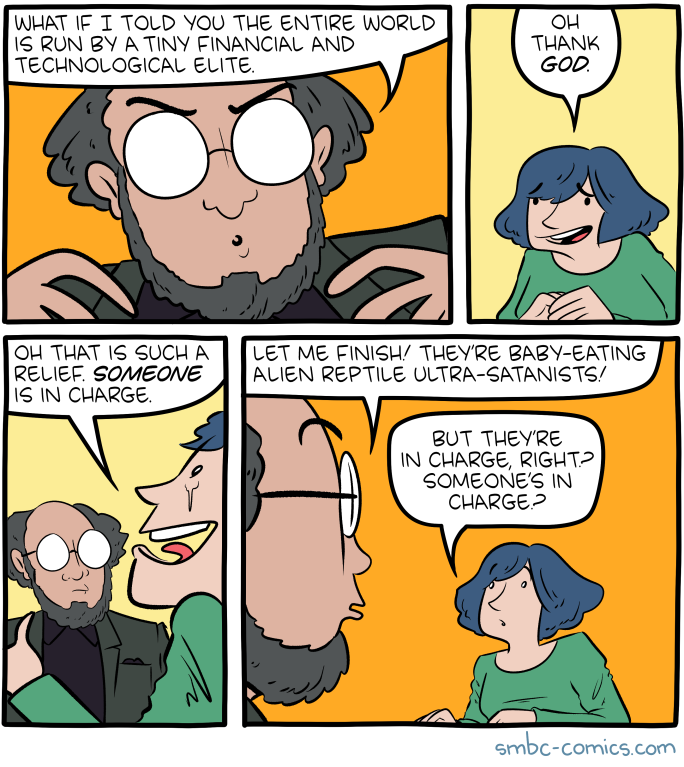Bruce Stephens
Well-Known Member
- Relationship to Diabetes
- Type 1
I think that's where we will clearly disagree on that point, because i'm firmly under the understanding from the aims of the fourth industrial revolution, the great reset and the green agenda (which are widely publicised and real agendas) that although the lockdowns may have in the first instance have been used as a covid19 measure, I don't think we'd still be in lockdown if there wasn't also the 7.6% target in carbon emissions reductions to meet from 2020 - 2030 and beyond.
I think that view is an very implausible conspiracy theory. I really don't think the various world organisations (who've recommended against lockdowns, arguing for extensive testing, contact tracing, supported isolation, together with limited local measures where those aren't sufficient; lockdowns were always supposed to be to give time so you can increase capacity for the other things) have enough power to do that, and if they did there's no chance whatsoever that they could keep it hidden, especially with so many rather powerful vocal groups who still want to deny global warming is even happening.
I think it's vastly more likely that things are much as they appear: different countries were hit in different ways by the virus, and have different population densities and distributions, different histories, different leaderships. Some (like those in Eastern Asia) had recent experience of nasty viruses and so used the same playbook, largely managing to handle the virus effectively; some (Australia, New Zealand) handled it rather well but at the expense of largely cutting themselves off from the rest of the world. And the rest of us handled it with varying degrees of success, depending on luck and leadership.
It's true that international travel is drastically reduced, and presumably will be for a while. And in many countries local travel and other activities are much reduced. As far as I'm aware nobody thinks that's anywhere near sufficient to address global warming; it's really just a blip in what appears to be the inexorable rise in atmospheric greenhouse gases.
It's also true that there's a hope that we'll "build back better", with increased working from home, less business travel, etc. Maybe that was the plan all along, but opportunism seems rather more likely to me.

Saturday Morning Breakfast Cereal - In Charge
Saturday Morning Breakfast Cereal - In Charge
